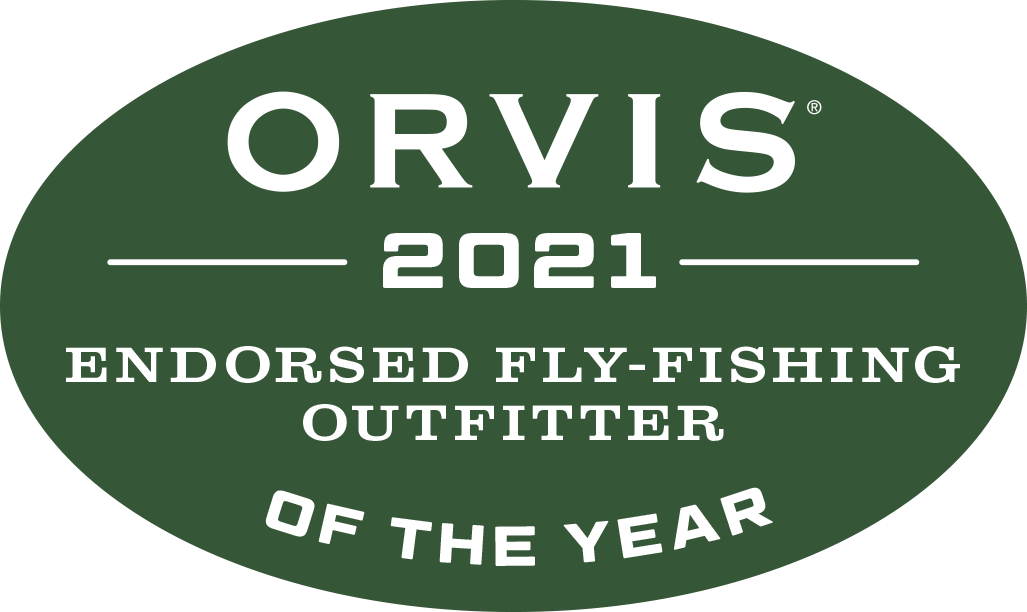The Western Native Trout challenge is an exciting program that challenges participants to search for native trout and the intact ecosystems that support them. As participants travel through western states in a modern-day treasure hunt for native trout species, an understanding of the importance of healthy ecosystems is almost unavoidable. Encouraging our participants and alumni to participate in the challenge is a great way for them to continue to use the skills they learned on their LFFE trips all while deepening their appreciation for conservation and stewardship. Here is what you need to know to get involved.
Registration for the challenge is only $25 for adults and free if you are under 18. You can register for the Western Native Trout Challenge on their website here, and LFFE will make a donation to The Western Native Trout Initiative for every LFFE participant or alumni who registers. In order for us to track our donation amount, please forward us a copy of your confirmation email. Each person who forwards us a copy of their registration confirmation will also be entered into a drawing for a Rep Your Water native trout hat. The drawing will be done on May 15th, and the winner will be announced via the Lillard Fly Fishing Expeditions Instagram.
The challenge has three levels of achievement. Expert Caster (6 species across at least 4 states), Advanced Caster (12 species across at least 8 states), and Master Caster (18 species across all 12 states). We will also award the first LFFE participant or Alum who completes the expert level with an LFFE jacket.
It is important to note that native trout must be caught in their native range to qualify. For reasons such as not increasing traffic on sensitive populations, it is important to note that not all native species are included in the challenge. Our favorite part about the challenge is that there is no timeline. Once you register, you are registered for life. You can complete the challenge in one summer or over the course of a lifetime. By our calculations, we should be able to check off at least species across our western trips this summer. I am excited to see how many students we can help get started with their first species this summer. I can testify to the excitement the challenge can create, as we have already started looking into opportunities to lead some new trips in search of native species in the future.


